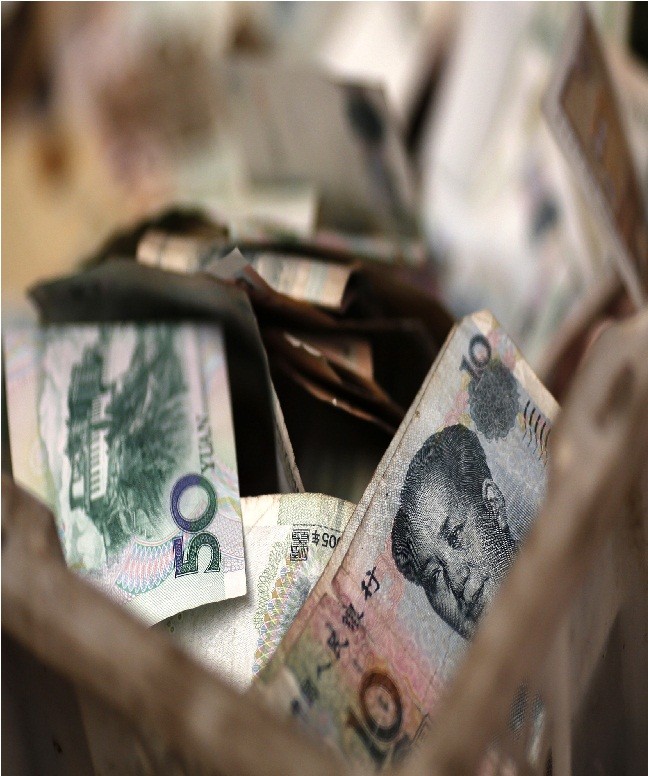The recent and continued collapse of the Chinese economy has weakened the already struggling market for oil. The current economic problem faced by the world's second-biggest economy has affected the oil market, either directly or indirectly.
The current economic slowdown in China along with high oil production in Saudi Arabia, Iraq and independent producers in the United States have seriously affected the worldwide cost of oil. Industry analysts also predict that once the nuclear deal between US and Iraq takes effect, the latter is expected to upgrade its exports as well.
With all the factors in the equation in place, crude oil prices close at $38.24 per barrel on Aug. 2. A long-shot compared to the $95.39 per barrel cost recorded in 2014. These new figures represent a record low in the past six and a half years, almost equal to the oil prices recorded during the 2008-2009 financial crisis.
Rapidan Group president Robert McNally told The Washington Post, "China's demand weakness just exacerbates tidal oversupply created by [U.S.] shale's refusal to swing so far and Saudi/Iraqi production ramp ups. China's weakness doesn't so much add to global supplies as fail to soak up an inundation of oversupply."
China is currently facing an economic meltdown. The Chinese yuan has undergone subsequent devaluation never experience before. Some of the world's best economist fear that if this trend continues, China might spark the next global recession.
According to The Wall Street Journal, China represents 15 percent of the world's total economic output making the country a major player in terms of international economy. Majority of China's exports are targeted towards industrialized countries like Germany and Japan. Additionally, China's economy contributes a sizeable amount of profit growth especially in big Western countries.




























